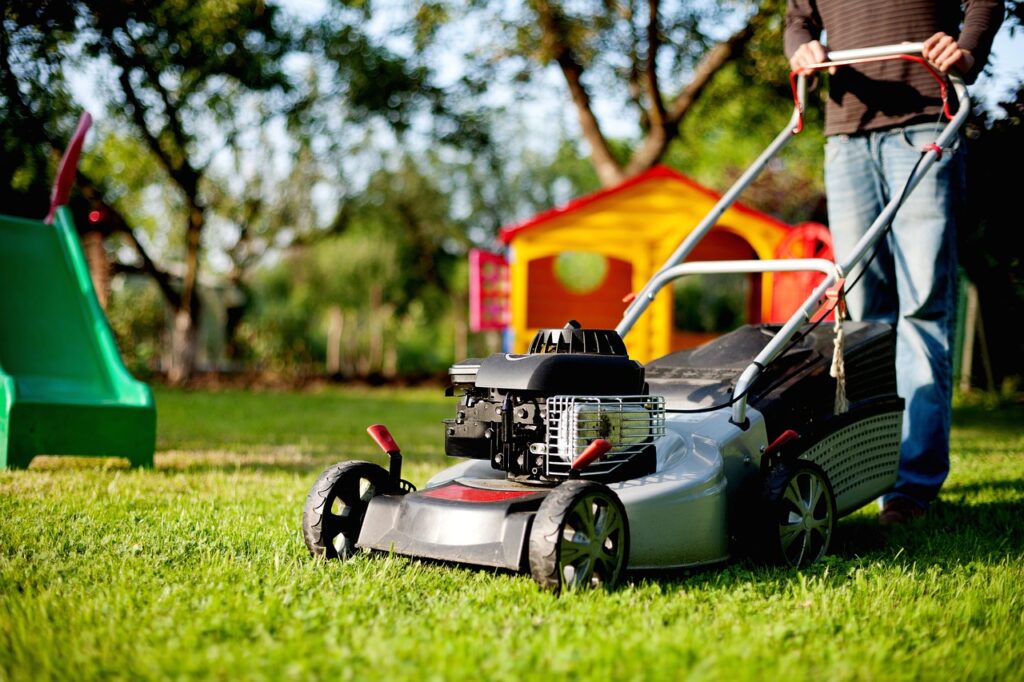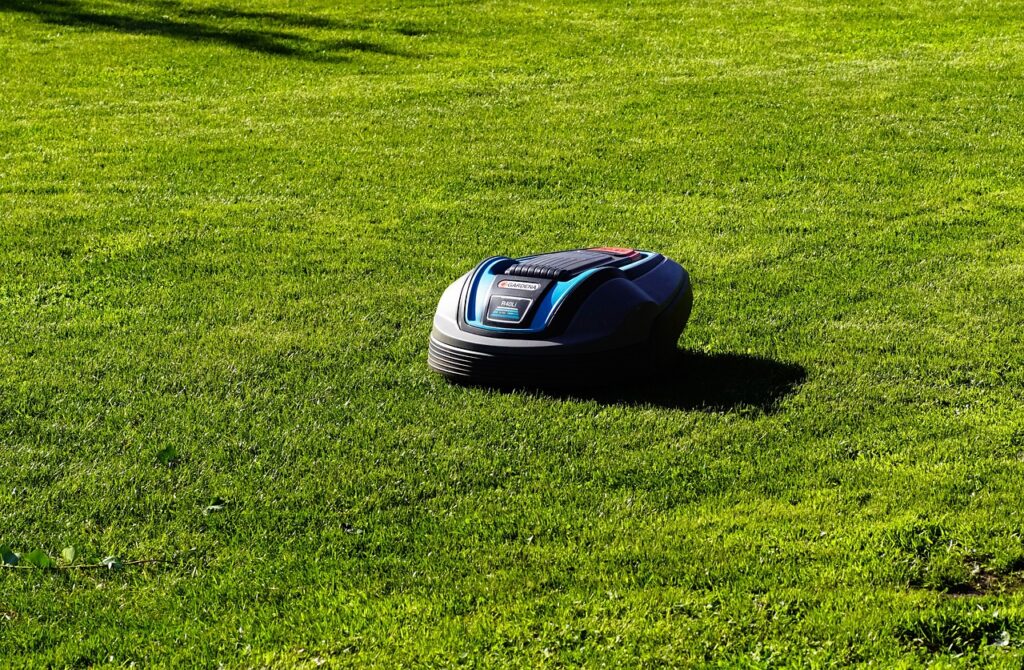Technology continues to advance rapidly, influencing every aspect of our lives—including lawn care. One area seeing significant innovation is lawn mowers, with electric models gaining popularity year after year. If you’re a homeowner in the United States, you might be wondering if investing in an electric lawn mower is the right choice for you.
At マウントエナジ-ジャパン株式会社, we specialize in creating cutting-edge lawn care solutions tailored to homeowners’ needs. To help you make an informed decision, we’ve compiled the key advantages and disadvantages of electric lawn mowers, along with the most important factors to consider before making your purchase.
Key Takeways
- Electric lawn mowers offer several advantages: they are quieter, easier to handle, eco-friendly, and require less maintenance compared to gas-powered models.
- However, they also come with some drawbacks, including lower torque, limited battery life, and a higher upfront cost.
- When deciding between an electric mower and a self-propelled gas mower, factors like your lawn size, preferred mower type, and budget play a crucial role.
Electric vs. Gas Lawn Mowers: Why Choose an Electric Mower?
Electric lawn mowers—whether push or riding models—offer numerous benefits over their gas-powered counterparts. They are quieter, require less maintenance, and are far more environmentally friendly. Here’s a closer look at why an electric mower might be the best choice for your lawn care needs.
Quieter Operation
Electric mowers are significantly quieter than gas-powered ones, producing noise levels around 75 decibels—similar to a dishwasher. While this is slightly above the 70-decibel limit recommended by the Hearing Health Foundation, it’s far less disruptive than the 95 decibels emitted by gas mowers, which is equivalent to the roar of a motorcycle or a packed sports stadium. To protect your hearing during extended use, earplugs are still a good idea, but the difference in noise pollution is noticeable and neighbor-friendly.
Low Maintenance
Although electric lawn mowers often have a higher upfront cost, they save money over time thanks to their minimal maintenance needs. Unlike gas mowers, electric models eliminate the need for oil changes, spark plug replacements, and other routine engine upkeep.
The primary maintenance for a cordless electric mower is replacing the battery, typically every 3 to 5 years, making them a cost-effective and hassle-free choice in the long term.
Enhanced Maneuverability
Electric mowers are lighter and easier to handle than gas models because they lack heavy engines. This makes navigating tight corners or tricky patches of grass much simpler, especially with push mowers.
For maximum flexibility, a cordless electric mower allows you to move freely without the restriction of a power cord. For even greater convenience, consider remote-controlled electric mowers, which combine ease of use with cutting-edge technology.
Eco-Friendly Choice
Switching to an electric lawn mower is also a sustainable choice for the environment. For example, in Colorado alone, gas-powered lawn equipment contributed over 755,000 tons of CO2 emissions in 2020, according to the Regional Air Quality Council.
The U.S. Environmental Protection Agency (EPA) reports that operating a gas mower for just one hour generates as much pollution as driving a new car for 45 miles (72 kilometers). By choosing an electric mower, you’re reducing your carbon footprint and supporting cleaner air for your community.


